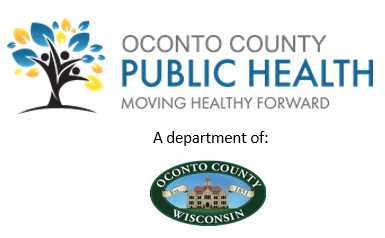DHS Seeks Public Input on Use of JUUL Settlement Funds
The Wisconsin Department of Health Services (DHS) will hold three listening sessions and offer an online survey to gather ideas from the public and partners about how to use nearly $15 million over the next five to nine years to reverse the harm caused by electronic nicotine delivery devices, also known as e-cigarettes or vapes. The funds are from a multi-state settlement reached with JUUL Labs, a leading manufacturer of vaping devices.
“Wisconsin has made great strides in keeping kids from becoming addicted to nicotine; however, JUUL’s predatory marketing made vaping attractive to youth and has driven an increase in youth exposure and addiction to nicotine,” said Kirsten Johnson, DHS secretary-designee. “We are grateful to Attorney General Josh Kaul for securing these dollars for Wisconsin to prevent and reverse the effects vaping has had on our young people.”
Settlement funds are required to be used for cessation services, prevention and education programs, research, school-based activities, and/or community-based activities. Wisconsinites who have ideas about how this money should be used can take part in one of three listening sessions that will be held on Zoom. Participants need to register in advance. Registration information can be found on the Tobacco Prevention and Control Program webpage.
Dates and times of the virtual listening sessions are:
- Tuesday, July 25, 2023, from 1:00 to 2:30 p.m.
- Monday, July 31, 2023, from 10 to 11:30 a.m.
- Wednesday, August 9, 2023, from 6 to 7:30 p.m.
Wisconsinites may also submit recommendations through an online survey, available in English and Spanish. The deadline for submitting the survey is August 16, 2023:
The Wisconsin Tobacco Prevention and Control Program’s goal is to prevent youth access to commercial tobacco and initiation of its use, prevent exposure to secondhand smoke, and provide free quit services for people who want to stop using tobacco and nicotine products. You can learn more about these efforts on the Tobacco Prevention and Control Program webpage. To learn about how young people are being targeted by commercial tobacco companies and ways to prevent youth tobacco use, visit the Tobacco is Changing webpage.
